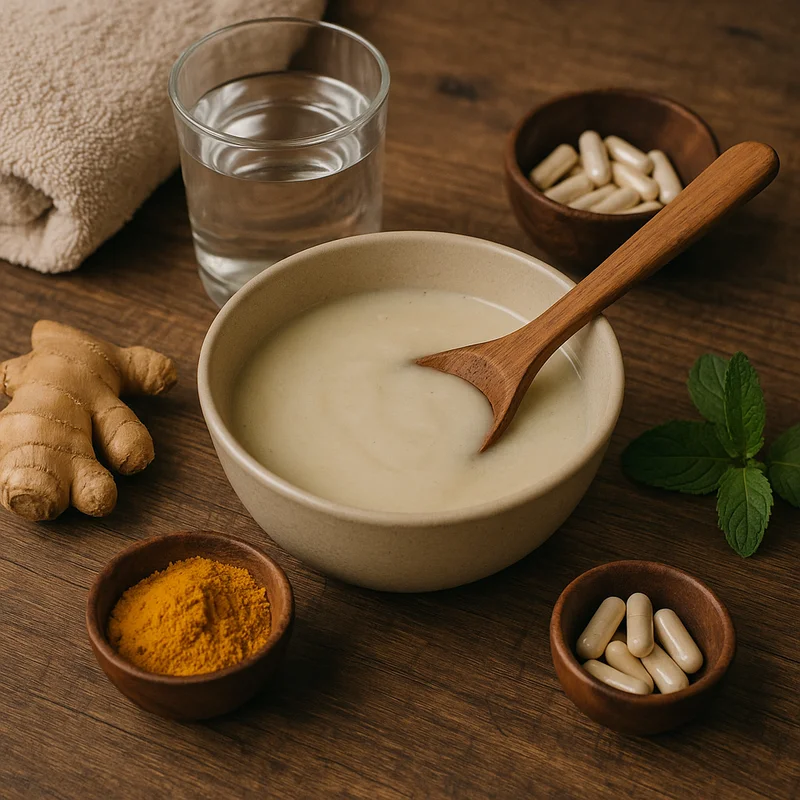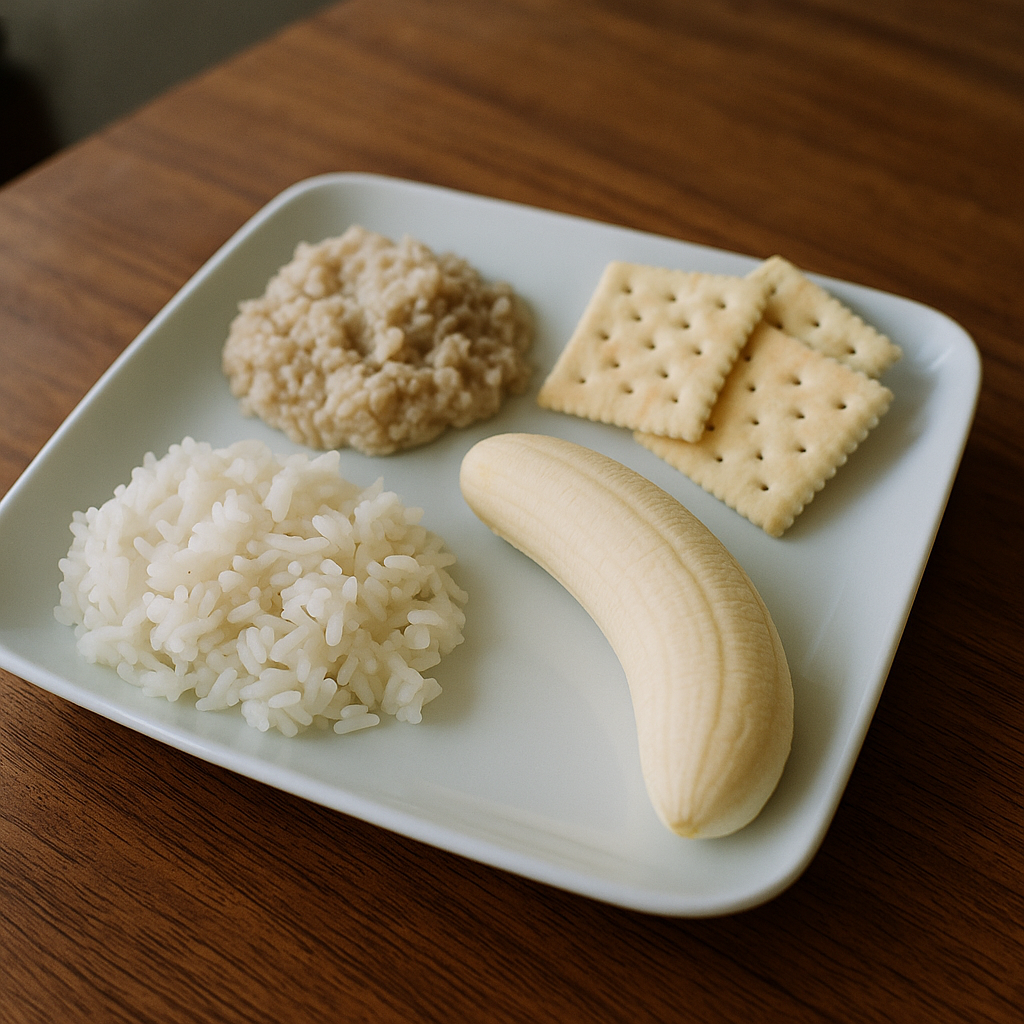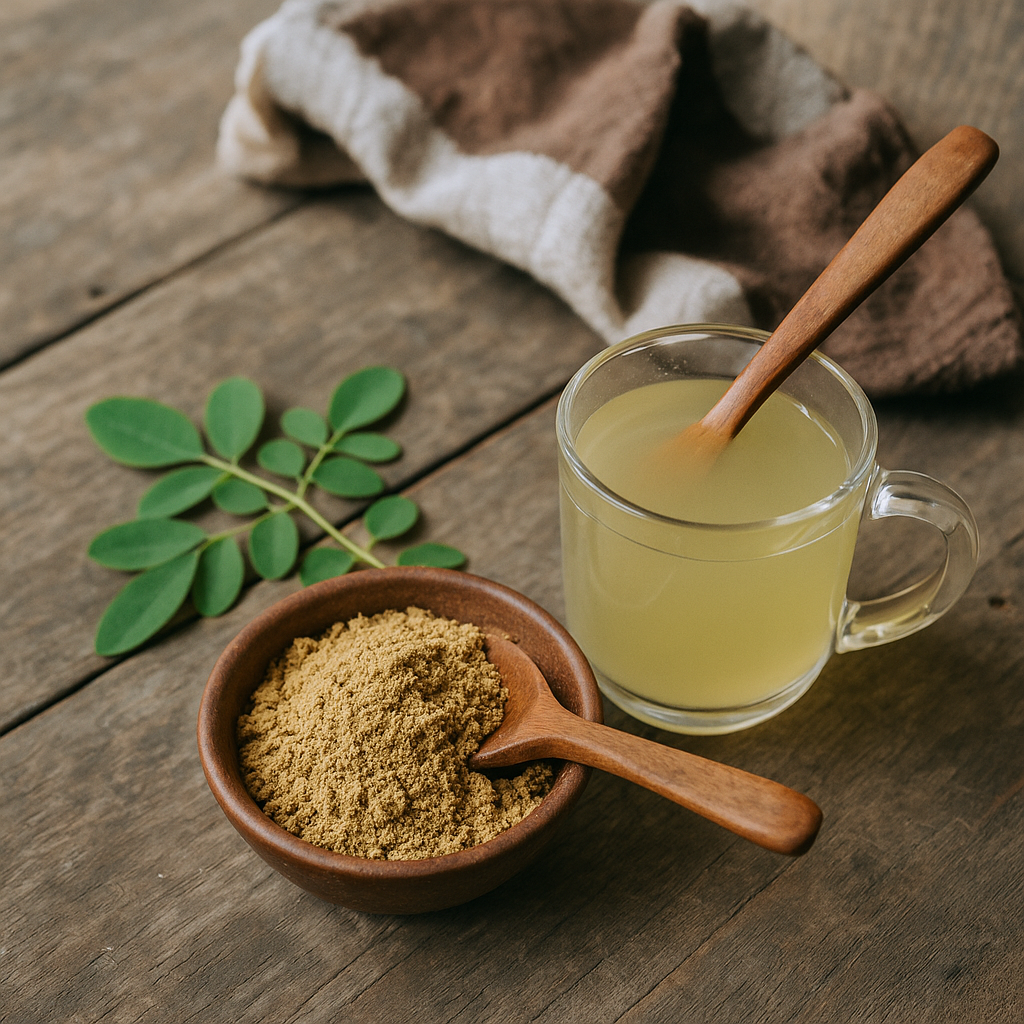Ask Ayurvedic doctor a question and get a consultation online on the problem of your concern in a free or paid mode. More than 2,000 experienced doctors work and wait for your questions on our site and help users to solve their health problems every day.
How to Stop Diarrhea: Ayurvedic Remedies and Recovery Tips

Let’s be real — having diarrhea is miserable. It’s not just the constant trips to the bathroom (though, yeah, that’s a nightmare). It’s the fatigue, the cramping, the dehydration. Everything just feels...off. And when it drags on for days or keeps coming back after meals? That’s when it really starts messing with your life. If you’ve ever Googled how to stop diarrhea while crouched over a hot water bottle, I feel you.
Most people want relief fast — understandably. But if you’re someone who’s looking for natural ways to stop diarrhea, something that doesn’t wreck your gut flora or feel like a chemical war in your belly, Ayurveda might be your thing. It’s not just about treating diarrhea. It’s about understanding why your digestion is out of sync in the first place. That’s where this gets interesting — and surprisingly practical.
So, let’s dive in. We’ll talk natural remedies for diarrhea, what to eat when you have diarrhea, how to deal with chronic diarrhea, and how Ayurveda brings something completely different to the table — ancient, yes, but weirdly relevant.

Diarrhea in Ayurveda
Diarrhea isn’t just a random inconvenience in Ayurveda. It’s a signal — your body’s way of shouting, “Hey, something’s out of balance here!” Ayurveda doesn’t really do one-size-fits-all diagnoses. It looks at your entire constitution (your dosha, if you’ve heard the term), the season, your stress levels, even what you ate for dinner last night.
What Triggers Diarrhea Energetically
Here’s the Ayurvedic take: diarrhea is most often linked to an imbalance in Pitta dosha — the fire and water element. When Pitta gets aggravated (say, from spicy food, stress, or even summer heat), it can overheat the digestive system, leading to loose, urgent stools. But that’s not always the case. For some, it’s Vata (wind/space) creating erratic movement and poor absorption. Others might have sluggish digestion from Kapha.
It’s not just “bad food” or “a bug.” It’s the whole energetic system being off-kilter.
Difference Between Acute and Chronic Diarrhea
This distinction really matters. Acute diarrhea — the kind that hits after a questionable salad — is your body trying to eject something fast. It’s dramatic, but usually short-lived. Chronic diarrhea, though? That’s a deeper issue. If you're getting diarrhea after eating frequently, or your stools are consistently loose, that’s your gut crying out for attention. And if we’re talking bloody diarrhea? Please don’t self-diagnose. Get medical attention immediately. Ayurveda can help, but it’s not a substitute for real diagnostics.
Ayurvedic treatment for chronic diarrhea usually involves long-term gut healing. It’s not just “stop the runs.” It’s more like “let’s reset your digestive fire — your Agni — and fix the emotional or lifestyle triggers too.”
Don't wait or self medicate. Start chat with Doctor NOW
How to Stop Diarrhea Naturally with Ayurveda
So, what actually helps? Let’s talk about the herbs, the foods, and the calming rituals that can stop diarrhea naturally — especially when it’s stubborn.
Natural Remedies for Diarrhea Relief (e.g., Bilva, Kutaja)
Two of the big players in Ayurvedic diarrhea treatment are Bilva (Bael fruit) and Kutaja (Holarrhena antidysenterica). They’re a powerhouse duo. Kutaja bark is classically used for both acute and chronic diarrhea. It works almost like astringent medicine but without the harsh effects. Bilva is more gentle and soothing — it helps strengthen the intestinal walls and calms excessive Pitta.
Sometimes these herbs are used together in formulations like Kutajghan Vati or Bilva Churna, but it depends on the practitioner’s assessment of your constitution and type of diarrhea.
Cooling Practices for Pitta-Type Diarrhea
If your diarrhea is fiery — think burning sensation, yellowish or loose stools, irritability — then cooling is key. Coconut water. Coriander tea. A paste of sandalwood on the forehead (no, seriously). Even just sitting in a shady park for 20 minutes can help.
Cool the body, calm the gut. That’s the Ayurvedic way.

What to Eat When You Have Diarrhea
Okay, so your gut’s in chaos. You’re not sure what’s safe to eat, and everything feels like it’s just… rushing through. Totally normal to feel unsure here. One of the most common questions I hear is, “What should I eat when I have diarrhea?” — and honestly, the answer isn’t one-size-fits-all. But Ayurveda gives some solid starting points that are surprisingly gentle, effective, and yes — edible.
Recommended Foods and Herbs During Recovery
Think soft, warm, simple. That’s the mantra. The goal is to calm your gut, not challenge it with complex or heavy foods.
Start with:
-
Rice gruel (called “kanji” or “peya”) – basically watery rice porridge. It’s nourishing without being heavy and super easy to digest.
-
Moong dal (yellow lentils) – cooked soft, spiced lightly with cumin and a bit of ginger. Moong is known for being gentle on the stomach and good for rebuilding strength.
-
Stewed apples or applesauce – especially if you add a little cinnamon. Oddly comforting and known to help bulk up loose stools.
-
Buttermilk with a pinch of roasted cumin and rock salt – this isn’t your supermarket buttermilk; it’s homemade and lightly fermented, which means it’s good for gut flora and soothing for the intestines.
-
Dry ginger (shunthi) and nutmeg (jaiphal) – a pinch of these can help tone the gut and reduce spasm-y bowel movements. You’ll often find them in Ayurvedic anti-diarrheal formulas.
And hydration? Critical. Coconut water, herbal teas (like coriander, fennel, or mint), or even plain warm water sipped throughout the day.
What to Avoid After Diarrhea or When It’s Chronic
Now, here’s where people often trip up. They start feeling a little better and dive headfirst into greasy takeout or raw salads. Not the move.
Definitely avoid:
-
Raw veggies or salads – tough on a healing gut and can increase Vata.
-
Cold drinks – they suppress your digestive fire (Agni), which you’re trying to rebuild.
-
Milk and dairy – especially for people with weak digestion; it tends to be mucus-forming and can worsen diarrhea.
-
Wheat or heavy grains – stick with rice or millet until things normalize.
-
Excess fruit, especially citrus or bananas – they’re too cooling or can trigger further laxation.
And this might sound weird, but even too much water at once can be a problem. Sip, don’t chug. Your digestion’s in repair mode — go slow.
People often ask about fasting, too. Short-term fasting — just sticking to herbal teas or light broths for 12–24 hours — can be incredibly healing, if your body feels okay with it. But don’t force it. Some folks get lightheaded or anxious if they go too long without food. Listen to your gut, literally.

Home Remedies and Lifestyle Support
Once the chaos calms down, the real work begins — making sure it stays calm. That’s where lifestyle and daily routines (Dinacharya) come into play.
Dinacharya to Prevent Recurrence
If you’ve dealt with chronic diarrhea or bouts that always show up after eating — this section is your goldmine. Ayurveda sees digestive stability as something you build slowly, over time.
Try this:
-
Wake up early. I know, annoying. But rising before 6 a.m. helps sync your system with natural rhythms.
-
Scrape your tongue. This isn’t just about hygiene — it stimulates digestion and removes toxins.
-
Sip warm water first thing. Not hot, not cold. Just warm. This gently wakes up your gut.
-
Regular meals, same time every day. Seriously. Your gut loves predictability.
Simple Rituals to Calm Digestion and Reduce Stress
Sometimes the issue isn’t the food. It’s you. Or, rather, your state of mind. Emotional stress causes diarrhea more often than most of us realize. Ever had a pre-interview bathroom emergency? Exactly.
-
Abhyanga (self-massage with warm oil) – especially with sesame oil if you’re Vata dominant. It grounds you.
-
Deep belly breathing – 5–10 minutes a day can reduce stress responses.
-
Avoid screen time while eating – just... stop scrolling. Eat with attention.
Conclusion
So — where does that leave us?
If you’ve made it this far, maybe you’ve tried all the over-the-counter stuff. Or you’re just tired of bandaid solutions that don’t get to the heart of things. I get it. Diarrhea isn’t just a digestive problem — it disrupts your life, your comfort, even your confidence to leave the house.
But Ayurveda doesn’t treat diarrhea like a nuisance. It sees it as a red flag that your body, your digestion, and maybe even your emotions are out of alignment. It’s not just about stopping the symptom — it’s about rebalancing the system so your digestion becomes trustworthy again.
And that might take some time. Healing the gut — especially when it’s chronic diarrhea or that frustrating pattern of diarrhea after eating — means building back your digestive fire (Agni), calming nervous system stress, and making some steady (but doable) lifestyle shifts.
The beauty of the Ayurvedic approach is how gentle it is. You don’t have to shock your system to get results. Just start where you are — maybe it’s sipping ginger-fennel tea instead of soda. Or trying a bowl of kanji instead of toast. Maybe it’s finally committing to sleep at a reasonable hour. Small, meaningful choices.
And if you’re dealing with something more serious — like bloody diarrhea, or weight loss, or anything that feels like a medical red flag — don’t wait. Ayurveda can support you, but it doesn’t replace diagnostics or acute care. Ideally, they work together.
If you’re not sure what your dosha is, or how to apply this stuff to your body type, consider reaching out to an Ayurvedic practitioner. Especially if the diarrhea’s been lingering or recurring. An experienced guide can customize a plan that’s right for you. Because this isn’t just about stopping diarrhea. It’s about trusting your gut again — literally and metaphorically.
FAQs
Can Ayurveda help with chronic diarrhea?
Yes, absolutely. Ayurvedic treatment for chronic diarrhea goes beyond symptom management. It focuses on rebuilding digestive strength (Agni), balancing the doshas (especially Pitta and Vata), and identifying deeper root causes — like stress, poor diet, or digestive toxins (ama). Herbs like Kutaja, Bilva, and supportive routines like proper meal timing, herbal teas, and stress reduction can all be part of a comprehensive recovery plan.
How does emotional stress cause diarrhea?
Ever noticed how you get diarrhea before a big meeting or after an emotional argument? That’s no coincidence. Ayurveda links emotional imbalance (especially anxiety and fear — Vata traits) with irregular digestive activity. Stress sends your nervous system into overdrive, which speeds up gut motility. That’s why calming practices — breathing, oil massage, even chanting — aren’t “extras.” They’re essential tools for managing the root causes.
What’s an Ayurvedic remedy for diarrhea that works fast?
For quick relief, a mix of dry ginger powder and nutmeg in warm water can be surprisingly effective. Kutajghan Vati is another go-to Ayurvedic formulation — often used for both acute and chronic cases. But again, knowing your dosha helps. What works fast for one person might be too heating or drying for another.

